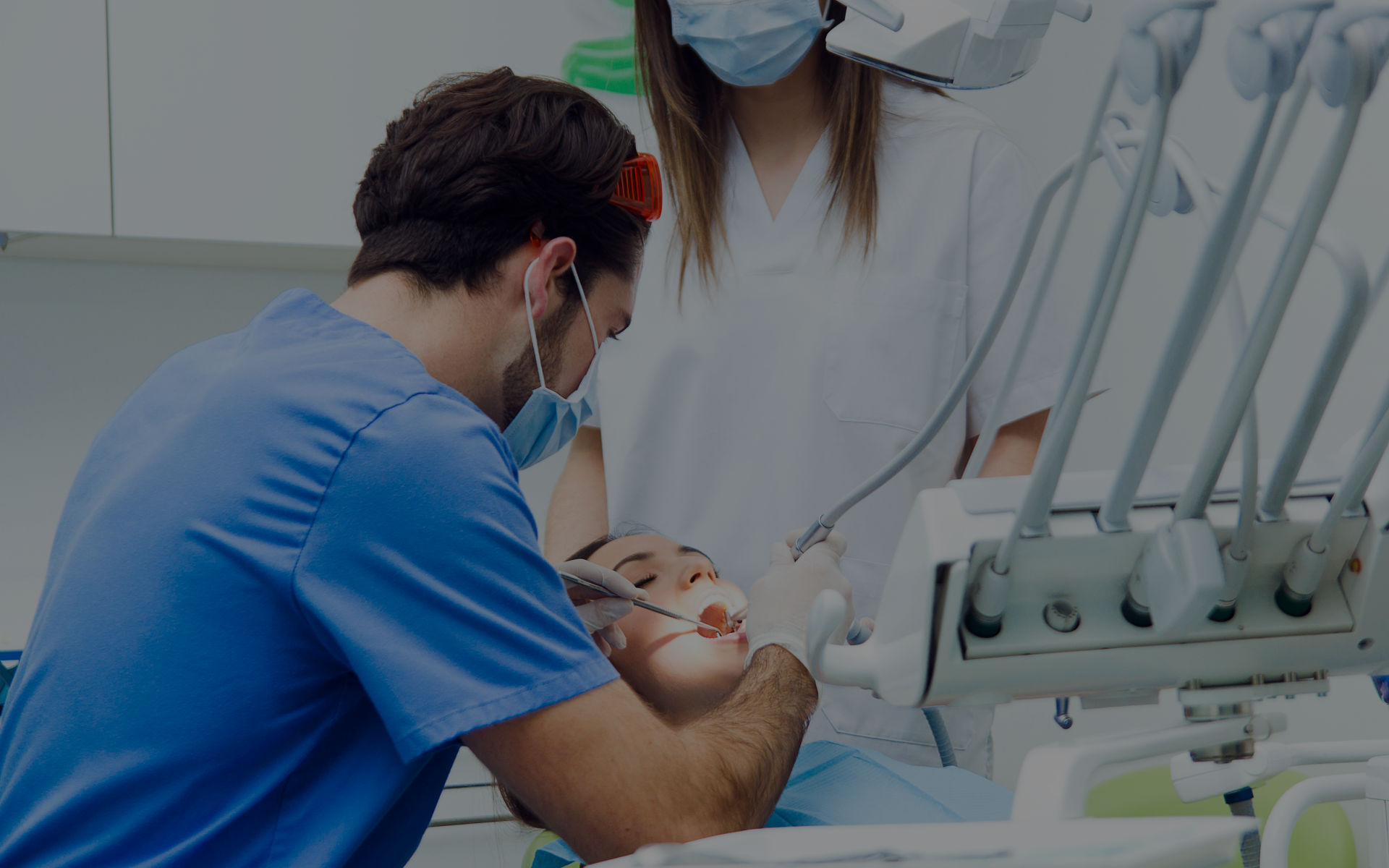Loading...

Nucleus University School of Dentistry, Aruba offers a comprehensive 10-semester program forearning a Doctor of Dental Surgery Degree. The 10-semester program is taught in English andtakes you through Basic Sciences and Dental Clinical Practice, to your graduation with your Doctor of Dental Surgery (DDS) degree.
Our safe, friendly campus offers you a positive learning environment and a close supportivecommunity with one-on-one tutoring, mentoring, opportunities for peer led learning, studentclubs and activities.
State of the Art Dental practice clinics at our campus provides the students with hands on approach to learning from some of best dental faculty members in North America. Many of ourvisiting Dental faculty professors are world renowned in their respective specialty.
Graduating from our prestigious Doctor of Dental Surgery (DDS) program would make youeligible to complete your NDEB exams in Canada or be eligible to enroll in third and fourth yearof DDS program in Canada or US as advance placement student.
Complete this form to get your app fee waiver code for upcoming term. Learn more about our programs. speak to an advisor or to register your interest in our webinars.
Complete this form to see if you qualify for a scholarship. Learn more about our programs. speak to an advisor or to register your interest in our webinars.